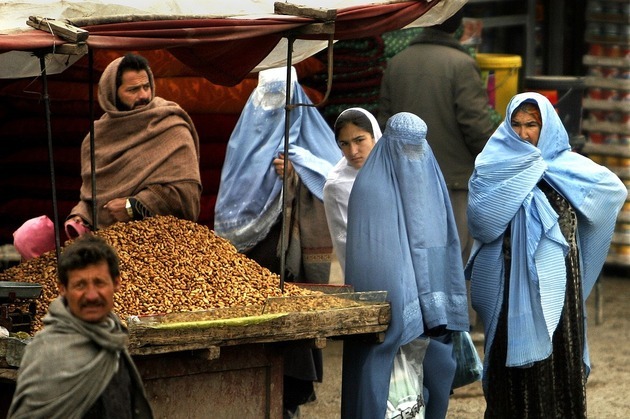Pakistan hosts OIC meeting that aims to devise a mechanism for the international community to deliver aid to Afghanistan, despite sanctions.
Al Jazeera reports that envoys from 57 Islamic nations and observer delegations gathered on Sunday for the biggest conference on Afghanistan since the United States-backed government in Kabul fell in August. After the Taliban’s lightning return to power [The organization forbidden in Russia], billions of dollars in aid and assets were frozen by the international community, plunging the nation of 38 million into the worst hunger crisis since records began.
Pakistani officials said a total of 70 delegations were taking part, including Taliban foreign minister Mullah Amir Khan Muttaqi and delegates from the US, China, Russia, the European Union and the United Nations.
Diplomats will face the delicate task of working out ways of channelling aid to the stricken Afghan economy without also propping up the Taliban, whose government has not been recognised internationally. The president of the Islamic Development Bank, Muhammad Sulaiman Al Jasser, has offered to manage trusts that could be used to move money into Afghanistan, jumpstart businesses and help salvage the deeply troubled economy. Any aid pledges were set to be announced on Sunday evening.
Speaking at the opening of the special meeting, Pakistan Foreign Minister Shah Mahmood Qureshi said fallout from the deepening crisis could mean mass hunger and a flood of refugees. “We cannot ignore the danger of complete economic meltdown,” Qureshi said. He added the OIC was being asked to consider a six-point plan to help Afghanistan that would engage with Taliban authorities to help ease pressure on their country. It would include coordinating aid, increasing investment, helping rebuild Afghan institutions and providing technical experts to manage the economy. Meanwhile, Pakistan’s Prime Minister Imran Khan in his keynote address urged the US to “de-link” the Taliban government from Afghan citizens to prevent a humanitarian crisis and chaos in Afghanistan. “They [the US] must de-link the Taliban government from 40 million Afghan citizens, even if they [have] been in conflict with Taliban for 20 years,” Khan told delegates.
No nations have yet formally recognised the Taliban government. Pakistan, Saudi Arabia and the United Arab Emirates were the only three countries to recognise the previous Taliban government of 1996 to 2001.
Muttaqi, the Taliban’s acting foreign minister, said the new government had restored peace and security and done much to address demands for more inclusive government with respect for human rights, including the rights of women. “All must acknowledge that political isolation of Afghanistan is not beneficial for anyone, therefore it is imperative that all support the prevailing stability and back it both politically and economically,” he said, according to a text of his remarks.
Al Jazeera’s Kamal Hyder, reporting from Islamabad, said the credibility of the OIC was at stake, following previous criticisms over perceived failures to follow up on its promises. “All eyes will be on the conference,” Hyder said. “It will be important to see whether these countries, which is the second largest group of nations after the United Nations, will be able to come up with a tangible solution to help Afghanistan in its crisis.”
US Special Representative for Afghanistan Tom West, who is attending the meeting, has expressed his intention to work with humanitarian groups in the country and to find mechanisms to deliver aid.
The OIC meeting was not expected to give the new Taliban government the formal international recognition it desperately craves. Ahead of the session, Qureshi had said the meeting would speak “for the people of Afghanistan” rather than “a particular group”. He stressed there was a difference between “recognition and engagement” with the new order in Kabul. “Let us nudge them through persuasion, through incentives, to move in the right direction,” he told reporters. “A policy of coercion and intimidation did not work. If it had worked, we wouldn’t have been in this situation.”






